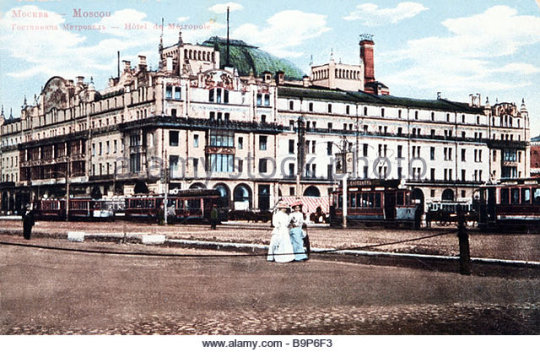Being woefully ignorant of the history of every country but my own I thought I should read this history of Germany particularly as it claims to be the shortest.
The author takes the dividing line of the River Elbe as the fixed point of German history, from the Romans through to the present day. During the centuries this line represented in turn, the separation of the power of Rome in the West from the Slavic hordes in the East, the Catholic West & South from the Protestant East and the nationalism and militarism of Prussia in the East from the democracies to the West
UK children find understanding history tricky, or perhaps boring, but at least the sea is a fixed border and the reigns of Kings and Queens, and the lives of major figures help fix the chronology, so pity then German children faced with shifting borders, 3-way power struggles between The Emperor, The Electors (not electorate!) and the Pope. Add to the mix the changing alliances and aggression from all the neighbours and you could forgive any German child from throwing in the towel. Do not despair. This book picks its way at great speed through the mess and brings order to the chaos. Above all it makes one realise yet again how the ordinary lives of the hoi polloi (you and me) meant almost nothing to the rulers and the rich. The book is full of helpful, simple equations, such as:
Theory: radical belief in change through conflict + Practice: worship of state power = The perfect philosophy for extremists of both left and right.
At the end of WWII when Germany was partitioned along, yes, you've guessed it, the line of the Elbe, the map looked uncannily like the map of 814CE, at the death of Charlemagne.
I've no idea what a historian would make of this book, though the author studied German at Hertford College, Oxford and UCL, and held lectureships in German, but for this ignorant layman it helped fill in some of the yawning gaps in his knowledge, and it was a quick, easy read. It was also an important reminder that my UK-centric view of history creates a distorting lens which should be cast aside to let us see more clearly the mass of humanity beyond our shores as individuals engaged in the same ups and downs of life as me, rather than foreign nationals who want a slice of my cake.












